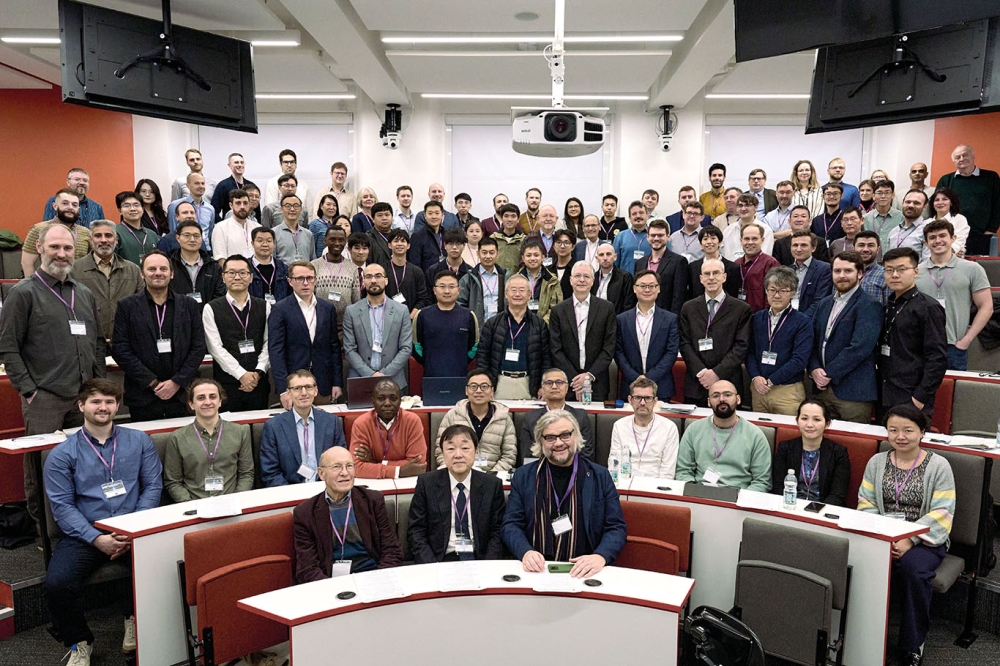GaAs magnetic memory attracts BAE Systems
The evolution of GaAs into an alternative to silicon in memory technology has progressed a step further, with BAE Systems making an investment in Micromem.
The defense contractor is now assessing Micromem's technology in its Nashua, New Hampshire, 6-inch GaAs fab for memory and detection applications.
According to Steven Van Fleet, a director at Micromem, BAE Systems will have decided production plans for the technology by summer 2008. At this point BAE will return to follow up its investment in the fabless Toronto chip designer with a licensing agreement.
“For BAE Systems to be interested, I believe they re looking at [dollar] revenues in hundreds of millions,” Van Fleet said.
BAE System s interest is likely to have been drawn by the radiation-hardness of GaAs magnetoresistive random access memory (MRAM). Thanks to this, Micromem s MRAM should function regardless of exposure to radiation in space or combat that would damage silicon devices.
Micromem s devices rely on cross-shaped GaAs Hall-effect sensors to interpret information stored on ferromagnetic bits. This converts changes in magnetic field into changes in output voltage to give a data readout.
The high electron mobility of GaAs has made the sensor particularly sensitive, says Van Fleet. This in turn seems to have gained further attention from BAE Systems and others in the defense community "“ including the scientific advisor to the US president.
“There s a great interest in sensor technology in the Department of Defense, particularly with reference to the terrorist situation,” Van Fleet explained.
Apparently, the magnetic sensors are well suited to detecting people because of the iron present in our blood. As well as obvious surveillance uses this has also brought Micromem one of its first orders "“ from a PC keyboard manufacturer.
This unnamed company hopes to use the GaAs sensors as a replacement for the reed switches in keyboards, by detecting the typist s hand as it passes over the key. For this order, the sensors will be produced through Micromem's ongoing collaboration with the US foundry Global Communication Semiconductors (GCS).
GCS produced the devices that have recently demonstrated the potential of GaAs MRAM, helping Micromem secure these deals.
“It s nice to get stuff out of the foundry so people can get their hands on it,” Van Fleet said. Now that BAE Systems have seen the product and signed on the dotted line, Van Fleet believes this brings Micromem a much-sought boost.
“We desperately needed some third-party validation, rather than blowing our own horn,” he conceded.































